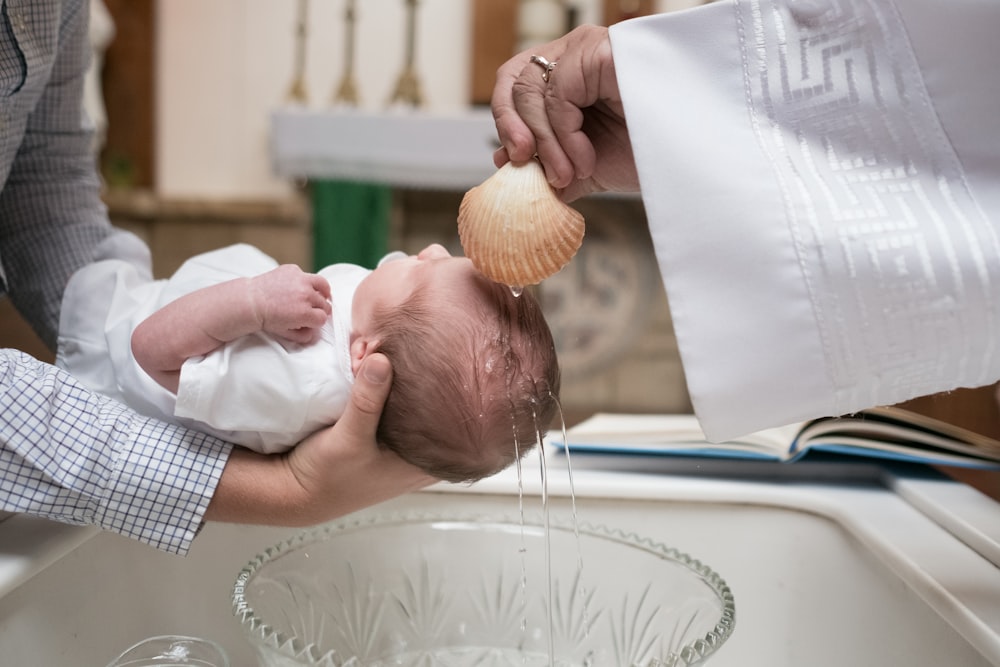We are delighted to share with you our library of resources. You can use the filter feature below to find topics most relevant to your curriculum.
Want to organise the resources you use most in one place? Register as a user to add content to your own Boards.
What are Sacraments?
Different Christian views explained...
Sacrament: A visible sign of an inward grace instituted by Jesus and entrusted to the Church.
A sacrament is a rite of passage or ceremony where people receive the grace and power of God. Often sacraments
Whilst church denominations have different ideas about sacraments, they all believe they are important, this is because they are an outward sign of their inner beliefs about God.
In 1562, the Church of England (also known as the Anglican Church) produced a document known as The 39 Articles of Religion. This is still referred to today and contains a series of statements that set out the Church's beliefs. This is what it has to say about sacraments:
'Sacraments ordained of Christ be not only or tokens of Christian men's profession, but rather they be certain sure witnesses and effectual signs of grace, and God's good will towards us.' (39 Articles, XXV)
These articles form the basis of the Church of England's belief and doctrinal teaching about the importance of sacraments.
Click here to read the full 39 Articles.
Different Christian Views
Catholic Christians recognise seven sacraments:
- Baptism
- Penance / Confession
- Eucharist
- Confirmation
- Matrimony (marriage)
- Holy Orders (ordination)
- Sacrament of the Sick
They believe that God's graces is needed at certain points in people's lives, so they mark them with these sacraments.
Protestant Christiansand some independent churches recognise two:
- Baptism
- Eucharist
They only recognise the two sacraments performed by Jesus in the Gospels.
Some independent and non-conformist churches do not recognise any sacraments. For example, the Quakers believe they are not necessary as God's grace is freely given, so no actions are needed.
